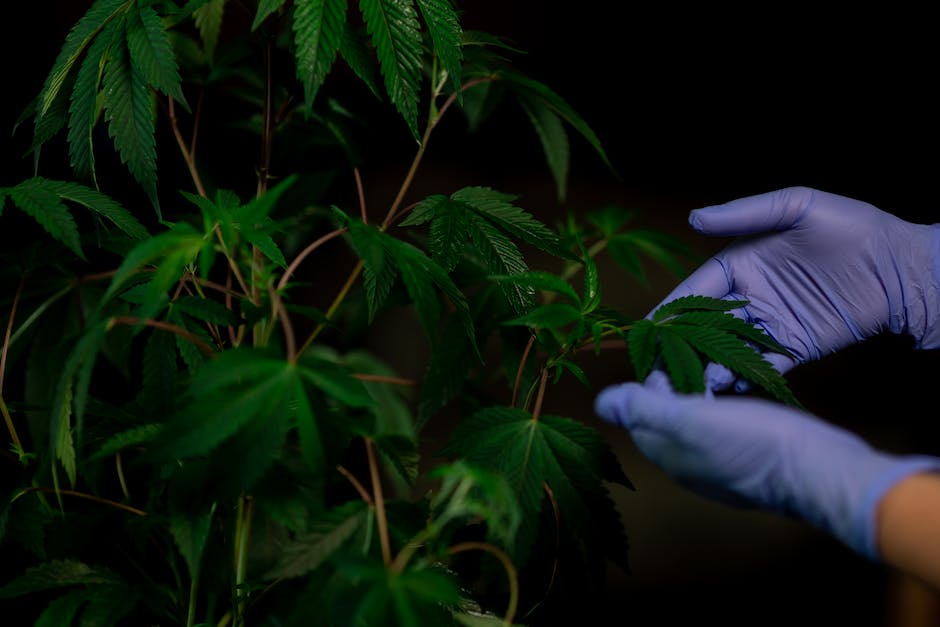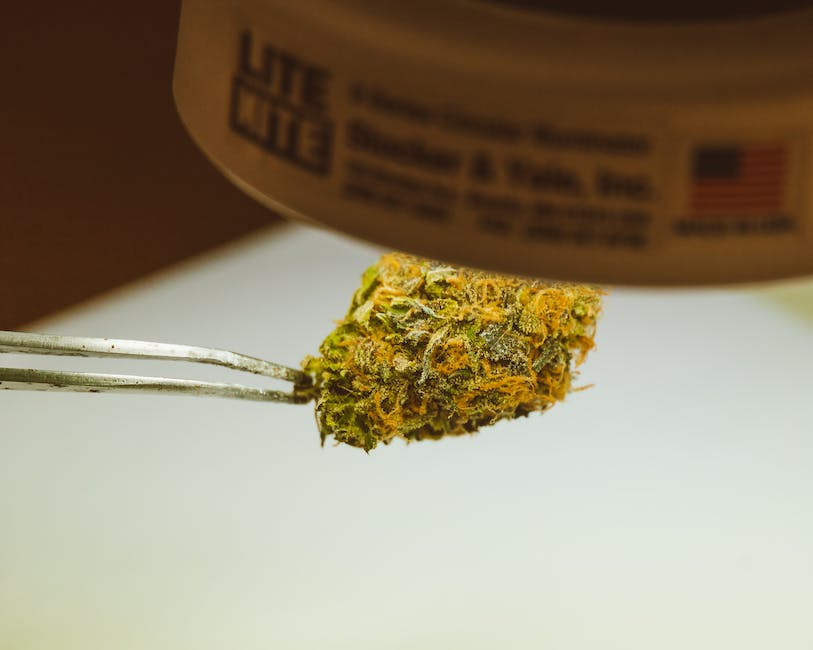U.S. federal marijuana policy is based on the notion that a drug like heroin makes people more prone to crime than other people. This view is rooted in the idea that one will use drugs like heroin and/or cannabis and/or nicotine, and that this behavior will corrupt their mind and/or body in more ways than one can easily overlook.
However, this view is falling apart as time goes on. Numerous medical studies show conclusively that cannabis is not addictive and can be useful in treating various ailments. In addition, more states are passing weed laws everyday, opening up new revenue streams for states to fund education, health care, & corrections programs with cannabis.
This has led to an increase in legal businesses being established in states where it does not have an impact taxation & regulation, making California a national leader in this area.Californians are starting to take notice of this industry leader state by state legislation and law changes are starting to pass into law.
The state legalized medical marijuana in 1996

This has served as a guide for the rest of the country since then. Today, there are states that have legalized medical marijuana but none that have adult-use marijuana.
In fact, there are seven states where recreational marijuana is legal and one state with both medical and recreational. So, while California has more than enough cannabis to meet its needs for medical and recreational use, it does not yet have a need for federal protection.
This is why the national cannabis industry does not currently feel the need to form a lobby or special interest group. Instead, they work on producing new products and cutting production costs through research.
California became the first state to legalize recreational marijuana in 2016

Since then, the California cannabis industry has grown significantly, adding new businesses and expanding into other U.S. markets like Canada.
This growth has created a shifting tide of opinion within the U.S. government, with many officials now recognizing cannabis as an legitimate drug system and revenue stream.
This is particularly notable given the lack of federal recognition for marijuana as a substance, which makes it difficult to find safe access to it. As more states move towards legal marijuana systems, policy leaders are looking to California for guidance on how to structure this industry and policy frameworks.
As more states pass laws that establish medical and recreational marijuana systems, several officials from those states travel to meet with top representatives in order to learn best practices for their state.
Many U.S. states have followed California’s lead

By legalizing cannabis, these states have paved the way for the U.S. federal government to begin discussing marijuana policy at the federal level.
As of now, the U.S. Department of Justice considers cannabis a Schedule 1 drug and says it is illegal property, meaning it can be seized and used by the government at any time. This includes having reclassification as a legal commodity such as marijuana.
Several countries are now looking to California for marijuana policy guidance

As voters in Colorado and Washington continue to create regulatory systems for marijuana, several leaders in the state’s cannabis industry are looking to California as an example of what works and how to do it effectively.
Both states have large populations that vote on issues, so their marijuana policies reach a wide audience. Additionally, both states have recently passed marijuana laws that were sufficiently liberal to allow the growth and sale of cannabis products.
This past November, voters in California passed Prop 19 by a margin of 50-to-50, greatly expanding the number of conditions under which people can purchase cannabis. The new law allows for both retail and wholesale sales, with only limited exceptions such as smoking where warranted.
This is a positive sign for future political battles on marijuana policy. Continued expansion of cannabis sales will help shape popular opinion about the drug across the country and abroad.
Legalization brings many new challenges

Increased demand combined with years of prohibition has led many individuals to enter the cannabis business. Most are still looking to make a profit, especially since they are now allowed to sell to consumers.
Due to increased competition and unstable laws, some businesses find creative ways to secure supplies. Some even organize formal supply chains or black-market Deals, where only one company knows who the seller is.
These organized crime networks can pose a threat to the general public, since they may obtain illegal products and sell them without regards to manufacturer quality or brand recognition.
State officials must now work to establish a new legal cannabis industry

.
Creating a regulated market with clear rules and guidelines is challenging but necessary

If you look at the past, it is clear that certain groups of people have been excluded from participating in the marijuana market. For example, bars have historically been places where alcohol and social norms do not mix.
Similarly, drug dealers have always been present in our society, and they have traditionally had access to high-powered firearms to sell their drugs. In both cases, there was a need for regulations to ensure public safety and proper business practices.
The cannabis industry is no different. Many businesses are looking to purchase their cannabis through the legal market, which is regulated and licensed. Buys can be hard to find and control because of these regulations!
There are two major components of federal drug policy that relate to marijuana – the designation of a substance as a Schedule I drug and guidelines for state programs that receive federal funding.
Experts predict that legalization will bring economic benefits to California

As more states legalize marijuana, experts in U.S. federal policy look to California for guidance on how to handle it at the federal level.
Several experts in government drug policy advice are invited to meetings convened by the Department of Justice (DOJ) to discuss cannabis legalization. At these meetings, which have occurred twice and are expected to occur again, government officials from across the country gather to discuss future policies on legal marijuana.
These officials attend in an effort to determine whether or not cannabis will be legalized in their country and if so, whether it will be legal nationwide or restricted to one region. They expect a surge of business as they learn that a large population of people want it but cannot because of federal law.
This is no small consideration: If Congress does not pass new anti-cannabis laws through the DOJ, then new laws must be passed by Congress.

